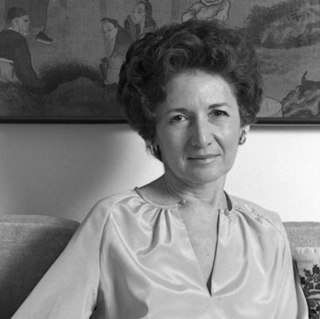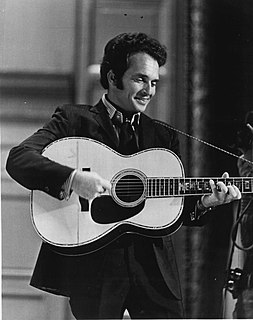A Quote by Marty Stuart
Growing up in the Sixties, whether it was the Batmobile or the costumes Porter Wagoner wore or the music that came from there, California was the home of what a friend of mine calls 'custom culture.' It seemed like the promised land.
Related Quotes
Where I grew up in St. Louis, Saturday was country music day on television. We'd watch the Bill Anderson show, the Willie Nelson show, the Dolly Parton and Porter Wagoner show, and always the Grand Ole Opry. My parents were fans of that music, and my friend's parents would pull the TV out and watch those shows on the porch.
Many teachers of the Sixties generation said "We will steal your children", and they did. A significant part of America has converted to the ideas of the 1960s - hedonism, self-indulgence and consumerism. For half of all Americans today, the Woodstock culture of the Sixties is the culture they grew up with - their traditional culture. For them, Judeo-Christian culture is outside the mainstream now. The counter-culture has become the dominant culture, and the former culture a dissident culture - something that is far out, and 'extreme'.
It seemed [there are] musical nodes on the planet where cultures meet and mix, sometimes as a result of unfortunate circumstances, like slavery or something else, in places like New Orleans and Havana and Brazil. And those are places where the European culture and indigenous culture and African culture all met and lived together, and some new kind of culture and especially music came out of that.
It's not me, it's the songs. I'm just the postman, I deliver the songs. When I first heard Elvis' voice, I knew that I wasn't going to work for anybody ... hearing him for the first time was like busting out of jail. This land is your land and this land is my land, sure, but the world is run by those that never listen to music anyway. People today are still living off the table scraps of the sixties. They are still being passed around - the music and the ideas.
Growing up in the '80s, questions of style and music and youth culture all seemed inherently political - like gay rights issues, dressing up, wearing makeup, arms protests. A lot of attitude and opinions were expressed through clothes, and they all were meaningful. So in that way, I was so excited about the connection between our private lives and politics - who I kiss, how I like to dance.
California is a tragic country — like Palestine, like every Promised Land. Its short history is a fever-chart of migrations — the land rush, the gold rush, the oil rush, the movie rush, the Okie fruit-picking rush, the wartime rush to the aircraft factories — followed, in each instance, by counter-migrations of the disappointed and unsuccessful, moving sorrowfully homeward.


































